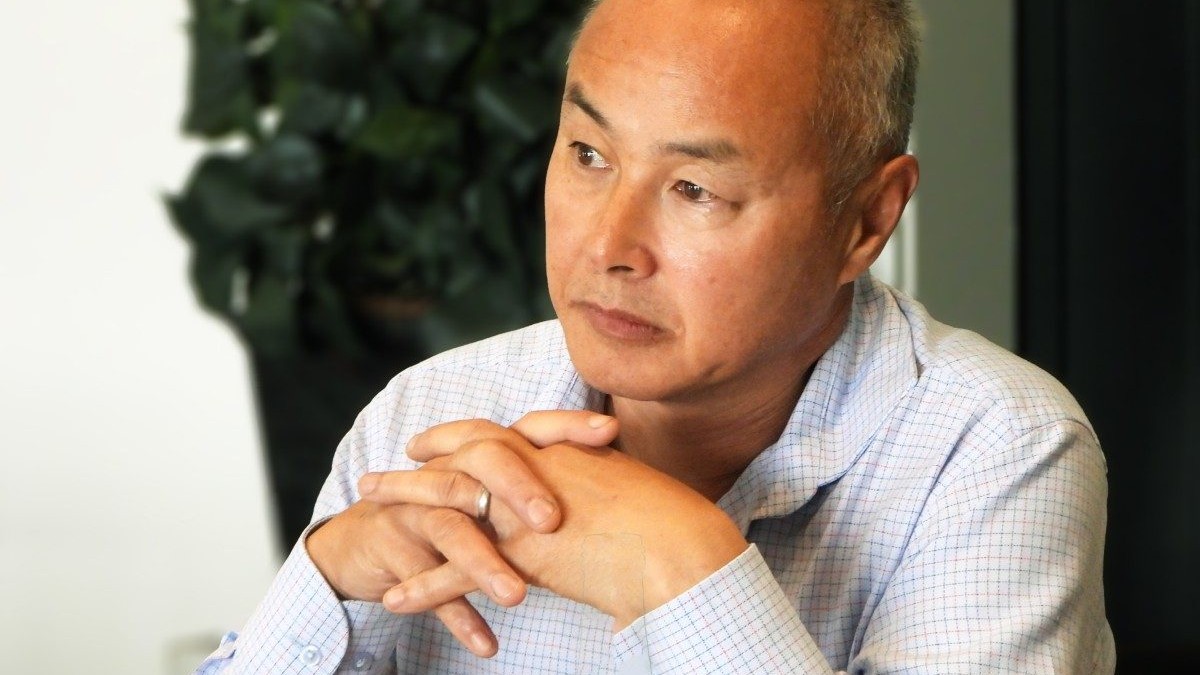Money, money, money… in a poor man’s world – Transporting NZ

The week started with continuing media interest on the various reactions to the Prime Minister Chris Luxon’s challenge to attendees at the Local Government New Zealand conference in Wellington “to rein in the fantasies and to get back to delivering the basics brilliantly”.
I spent a couple of days in the Hawke’s Bay this week. On the one hand I saw some pretty ugly road surfaces, on the other I saw some beautiful planters in Waipawa filling road spaces where people used to park cars.

The planters are part of NZTA’s “Streets for people” programme. My colleague Lindsay Calvi-Freeman and I met with NZTA and we discussed our concern with that programme in that the fundamental purpose of a road appears to have been forgotten. In my view the main function of a road is transportation, a road should enable the conveyance of traffic.
I think the PM’s view that we rein in fantasies and get back to delivering the basics is a good thing. Lindsay and I were relieved to hear that the NZTA people we spoke to agreed.
Livestock Supply Chain
On Tuesday I attended the Livestock Supply Chain Rōpū chaired and hosted by NZTA Waka Kotahi. It was great that MPI’s Director of Animal Health and Welfare, Dr Carolyn Guy, joined the group. For me it shows MPI appreciates the significance and the importance of an across-supply chain collaborative approach to remedy the issues with livestock transport.
Unfortunately, on the downside, despite the involvement of MPI, NZTA, and WorkSafe, so far the levels of engagement from some industry representation organisations in the supply chain have been highly variable.
The meeting ended with transport operators being resigned to accept that to date, regulators have appeared powerless to prevent other parties in the supply chain gaining commercial benefit by basically pushing their costs and responsibilities onto transport operators. Money, money, money! I opined that this was a good demonstration of regulatory failure, or if not that, then at least a system failure.
In terms of where next, we are hopeful that the value of having that difficult conversation was that the regulators appear more committed to flex their respective powers and get the other parties around the table at the next meeting, so here’s hoping.
Container system issues
On Thursday we raised our concerns with a container-handling operator over its introduction of a requirement that transport operators pre-pay for booking slots.
The system means transport operators must keep their respective accounts in credit if they want to make time slot bookings. In other words, rather than their transport operators keeping their money and using it when they need it, they are being asked to hand over their money to another party for the potential future use of that latter party’s services.
I’ve heard estimates that the requirement to forward-pay for services will mean transport operators are handing over tens of millions of dollars each year for forward services and consequently they will suffer an opportunity cost.
With the economic downturn our country is facing, many, if not all, transport operators are under considerable stress. It appears unfair and unreasonable that transport operators are being burdened with this additional financial pressure. We have also raised our concerns that the additional stress this adds to transport operators may lead to perverse outcomes, particularly in terms of wellbeing and health and safety.
Change to RUC
On Thursday Transport Minister Simeon Brown announced that legislation will be go forward next year to move all light vehicles off fuel excise and onto the Road User Charges system. While paying fuel excise at-the-pump has been convenient for drivers of petrol cars, changes in vehicle technology and variability in fuel consumption means it is no longer an effective way for light vehicle users to pay for a fair contribution towards the upkeep of our roads.
There isn’t enough money now to provide the road network that people currently desire so unless there is a change in revenue collection, the gap between what the public expect and what gets delivered will only grow.
Last year a Ministry of Transport’s report showed that of all road users, large trucks pay the highest proportion of their respective costs and that clearly demonstrates the benefit that the RUC model offers. It’s important we have a sustainable funding model so we can get our roads operating more efficiently and safely, particularly with mounting cost pressures.
They may not be nice or desirable, but policies and actions to make sure money is being wisely spent on roads, and that money is collected from all vehicle classes to invest in and maintain our roads, are absolutely necessary. Money, money, money.
On a very sad note
Today I’ll be joining a celebration of Tony Gare’s life in Dunedin. Tony was one of the Sector Group Leaders on our Ports/Intermodal Group and a member of the South Island Port User Group.
Tony was a genuinely nice person, always willing to help and always very constructive and positive and will be sadly missed by the industry.
The team at Transporting New Zealand extends our condolences and sympathies to his family, colleagues and friends. We will have more about Tony in the coming weeks.
– By Dom Kalasih, interim chief executive, Ia Ara Aotearoa Transporting New Zealand





